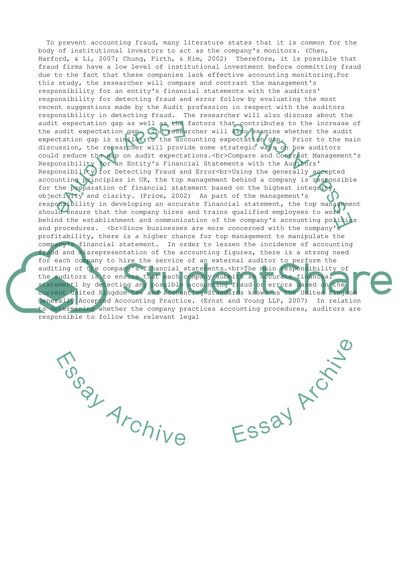Cite this document
(“Controversies Behind Accounting and Audit Profession Essay”, n.d.)
Controversies Behind Accounting and Audit Profession Essay. Retrieved from https://studentshare.org/business/1516796-accounting-and-auditing
Controversies Behind Accounting and Audit Profession Essay. Retrieved from https://studentshare.org/business/1516796-accounting-and-auditing
(Controversies Behind Accounting and Audit Profession Essay)
Controversies Behind Accounting and Audit Profession Essay. https://studentshare.org/business/1516796-accounting-and-auditing.
Controversies Behind Accounting and Audit Profession Essay. https://studentshare.org/business/1516796-accounting-and-auditing.
“Controversies Behind Accounting and Audit Profession Essay”, n.d. https://studentshare.org/business/1516796-accounting-and-auditing.


